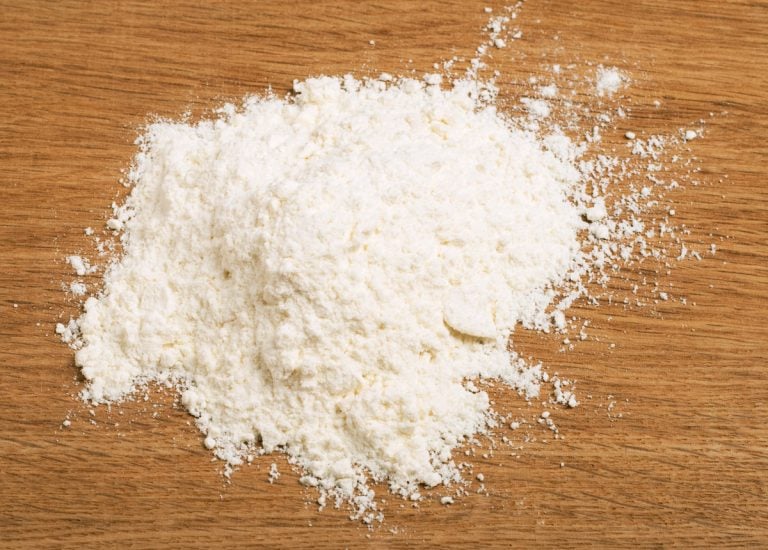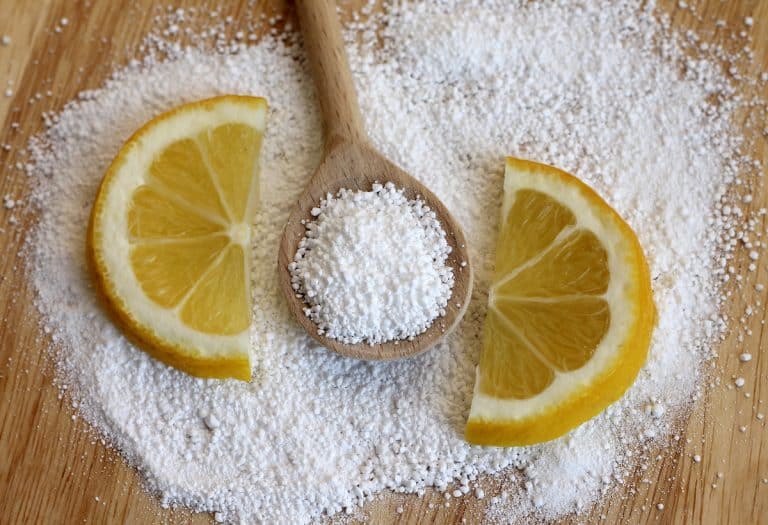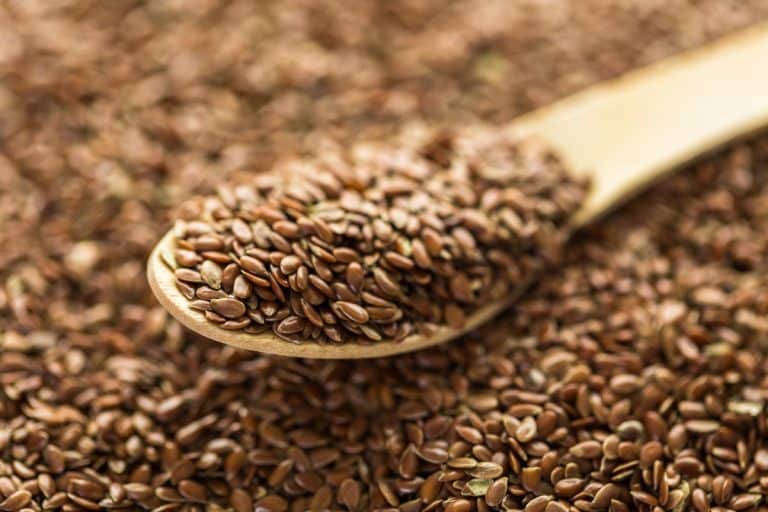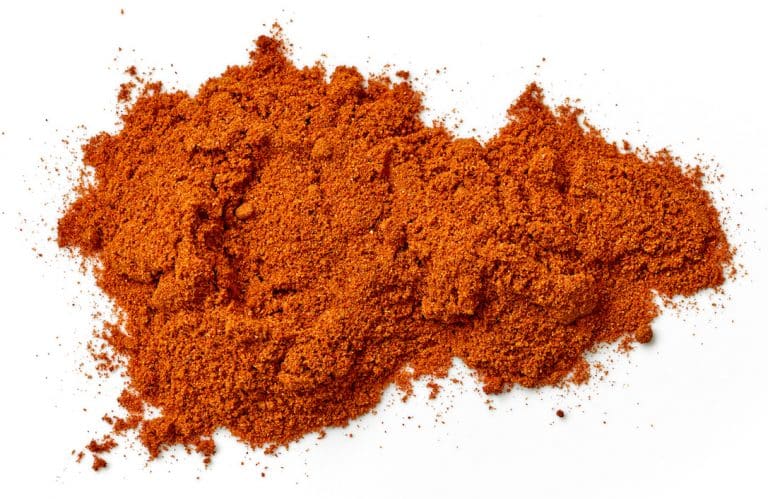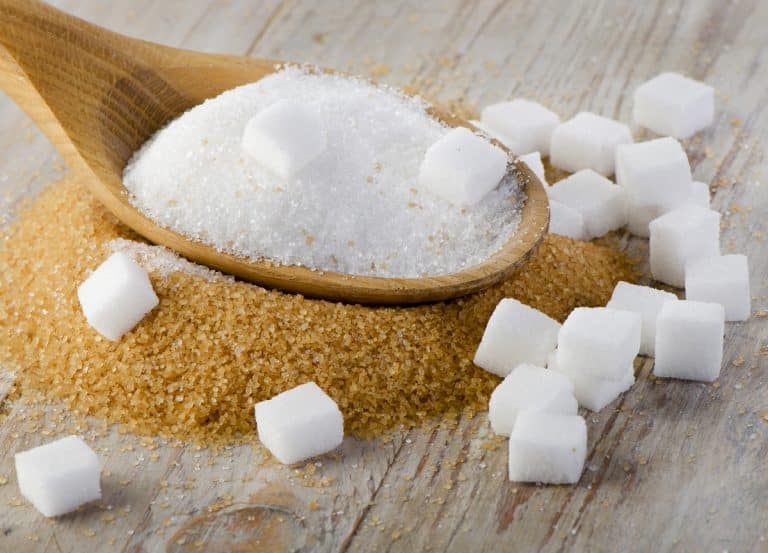Pectin and gelatin are two of the most popular gelling and thickening agents. Gelatin is better known than pectin because of its association with Jell-O and similar prepared desserts. These two ingredients are similar in a few ways and dramatically different in others. If you are unfamiliar with either or both, you will want to learn as much as you can before using them. The SPICEography Showdown below can help you to compare their properties.
Spice Comparisons
Chia Seeds Vs. Hemp Seeds: SPICEography Showdown
Chia seeds and hemp seeds are often listed alongside flax seeds as superfoods. If you are trying to choose between them, you will need to consider what each has to offer. Our chia seeds vs. hemp seeds SPICEography Showdown will show you how the two seeds compare to each other. Let’s break things down.
Meringue Powder Vs. Cream of Tartar: SPICEography Showdown
Both meringue powder and cream of tartar are useful ingredients that most serious bakers will have in their spice cabinets. Because both often show up in the same desserts, it is possible to confuse them if you are unaware of what they do and how they differ. We will take a look at meringue powder vs cream of tartar in this installment of SPICEography Showdown.
Ascorbic Acid Vs. Citric Acid: SPICEography Showdown
Ascorbic and citric acids are two organic acids used as preservatives in canning and other culinary applications. Both are sometimes used in the same way and have a connection to citrus fruit, which makes it easy to get them confused but there are some crucial differences. In this SPICEography Showdown, we will look at what is special about these food additives, how they are used and how each of them can work in your cooking.
Flax Seeds Vs. Hemp Seeds: SPICEography Showdown
Flax and hemp seeds are both nutritious seeds that have recently become popular as superfoods. Because each seed has a lot of hype surrounding it, you may have some difficulty deciding between them. Is one better than the other? The answer to that question is the same as it is with many other things in life: it depends. To learn how to these seeds stack up against each other, read on for our SPICEography Showdown.
Madras Curry Powder Vs. Curry Powder: SPICEography Showdown
The first thing to note about Madras curry powder and standard curry powder is that they are both British spice blends, not Indian ones. While some go as far as to say that they have nothing to do with Indian food, this is not exactly the case. Both blends have their roots in Indian culture in that they are made up of spices that are used in traditional Indian cooking, the name curry actually comes from a Tamil word and Madras was once the name of a city in India.
Despite the fact that both blends are formulated to cater to British taste buds and have the word curry in their names, they are different. If you need a curry powder and are trying to decide between Madras curry powder and regular curry powder, it is important to look at how they compare to each other. Let’s break down the similarities and differences in another SPICEography Showdown.
Paprika Vs. Chili Powder: SPICEography Showdown
It can be easy to confuse paprika with chili powder, especially if you are in the habit of grabbing and opening spice jars based on the color of the contents instead of what is on the labels. They both have a similar deep red color and may even have a similar smell depending on which types you are using. There are a few differences along with those similarities. Below is a look at how they compare to each other.
Sucanat Vs. Sugar: SPICEography Showdown
Sucanat is evaporated cane juice, which means that it is unprocessed. The lack of processing is the main way in which it is different from sugars like brown sugar or white refined sugar, which are almost always processed to some extent. The amount of processing that most different sugar types undergo will differ depending on the type of sugar, but the reason is to remove impurities. These impurities include molasses, which affects the flavor and color. Usually, highly processed sugar is lighter and has a more muted flavor when compared to raw or minimally processed sugar.
How else does Sucanat compare to sugar? Is there a difference in flavor? Can you use it in place of sugar and can you use sugar in place of Sucanat? Find the answers to these questions below in this SPICEography Showdown.


